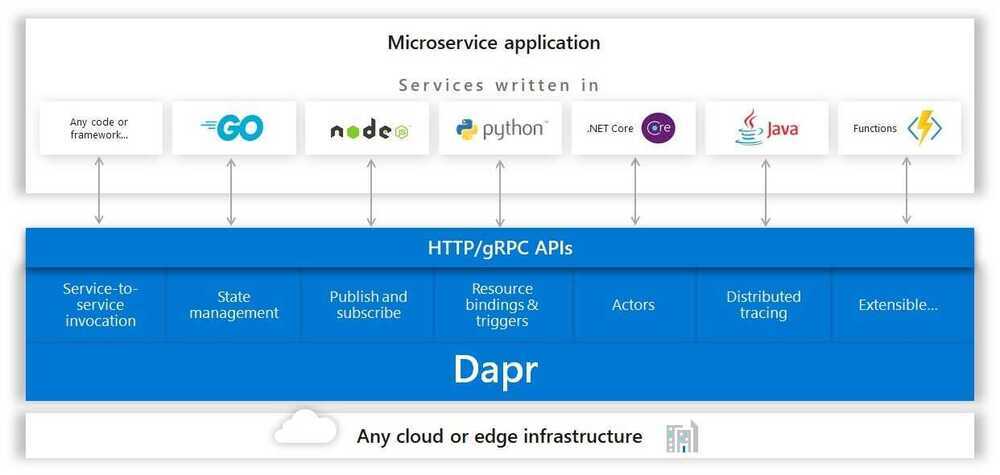Others - Distributed Systems
Orbit
Orbit - Virtual actor framework for building distributed systems
Orbit is a framework to write distributed systems using virtual actors on the JVM. It allows developers to write highly distributed and scalable applications while greatly simplifying clustering, discovery, networking, state management, actor lifetime and more.
https://github.com/orbit/orbit
Netflix Eureka
AWS Service registry for resilient mid-tier load balancing and failover.
https://github.com/Netflix/eureka
Netflix Ribbon
Ribbon is a Inter Process Communication (remote procedure calls) library with built in software load balancers. The primary usage model involves REST calls with various serialization scheme support.
https://github.com/Netflix/ribbon
Neflix Hysterix
Hystrix is a latency and fault tolerance library designed to isolate points of access to remote systems, services and 3rd party libraries, stop cascading failure and enable resilience in complex distributed systems where failure is inevitable.
https://github.com/Netflix/Hystrix
Hydra
A framework for elegantly configuring complex applications.
https://github.com/facebookresearch/hydra
dapr
Dapr is a portable, serverless, event-driven runtime that makes it easy for developers to build resilient, stateless and stateful microservices that run on the cloud and edge and embraces the diversity of languages and developer frameworks.
Dapr codifies the best practices for building microservice applications into open, independent, building blocks that enable you to build portable applications with the language and framework of your choice. Each building block is independent and you can use one, some, or all of them in your application.

How it works
Dapr injects a side-car (container or process) to each compute unit. The side-car interacts with event triggers and communicates with the compute unit via standard HTTP or gRPC protocols. This enables Dapr to support all existing and future programming languages without requiring you to import frameworks or libraries.
Dapr offers built-in state management, reliable messaging (at least once delivery), triggers and bindings through standard HTTP verbs or gRPC interfaces. This allows you to write stateless, stateful and actor-like services following the same programming paradigm. You can freely choose consistency model, threading model and message delivery patterns.
Dapr runs natively on Kubernetes, as a self hosted binary on your machine, on an IoT device, or as a container that can be injected into any system, in the cloud or on-premises.
Dapr uses pluggable component state stores and message buses such as Redis as well as gRPC to offer a wide range of communication methods, including direct dapr-to-dapr using gRPC and async Pub-Sub with guaranteed delivery and at-least-once semantics.
Dapr - Distributed Application Runtime
Introducing Dapr: The Distributed Application Runtime - YouTube
Dapr - The ultimate developer API for authoring microservices - YouTube